We’ve all had those frustrating bad hair days when our locks feel greasy just a few hours after washing. If you’re starting to resemble an oil slick, don’t worry—you’re not alone. Believe it or not, some of your daily habits could be contributing to that pesky greasiness. Here’s 15 common habits that might be making your hair oily, along with some easy tips to keep your mane looking fresh and fabulous.
1. Not Cleaning Your Hairbrush
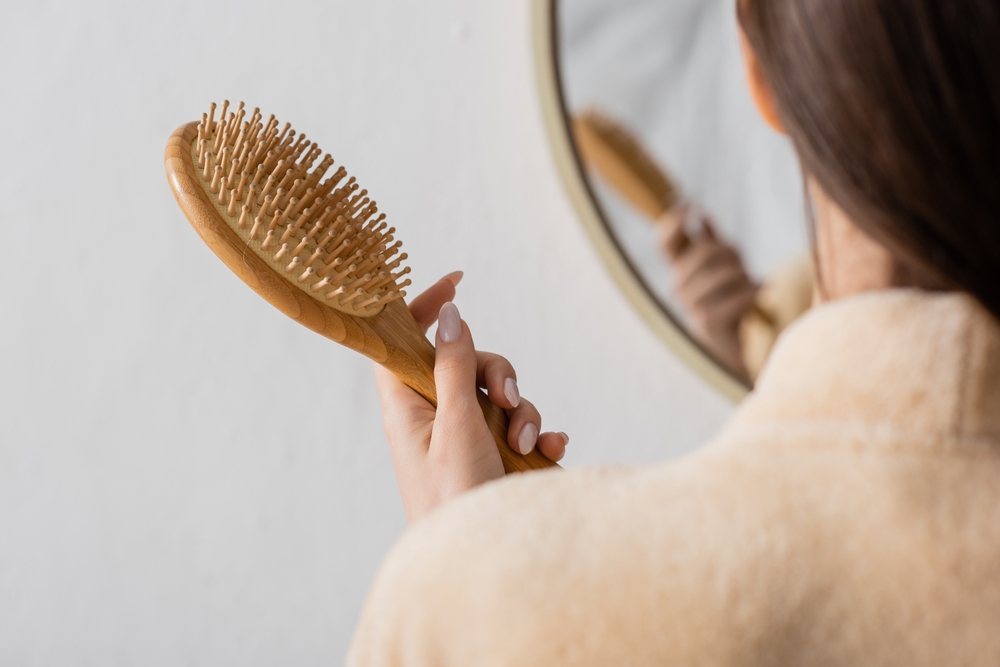
First things first, how often do you clean your hairbrush? If you can’t remember, that might be part of the problem. A dirty hairbrush can collect oil, dirt, and product buildup, which can transfer back to your hair every time you use it. Make it a habit to clean your brush regularly and remove any loose hairs—it’ll help keep your hair looking clean and healthy.
2. Over-Conditioning Your Scalp
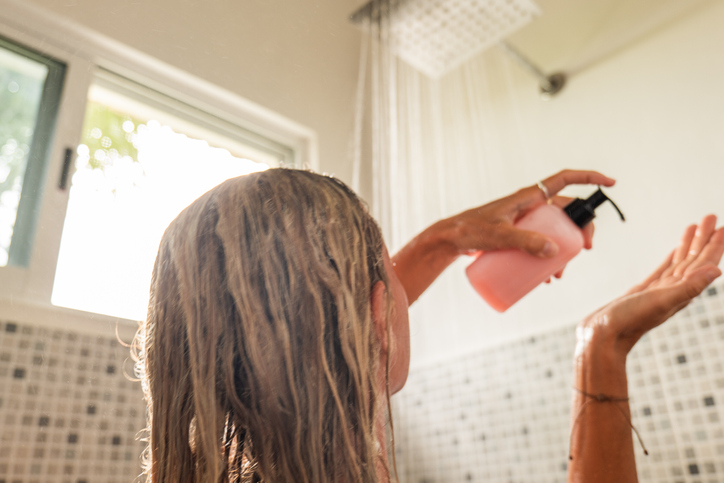
Conditioner is great, but slathering it on your roots can lead to oily hair. Conditioning your scalp can clog pores and make your hair greasier. Instead, focus on the lengths and ends of your hair where it really needs moisture. Your scalp will thank you.
3. Using the Wrong Shampoo
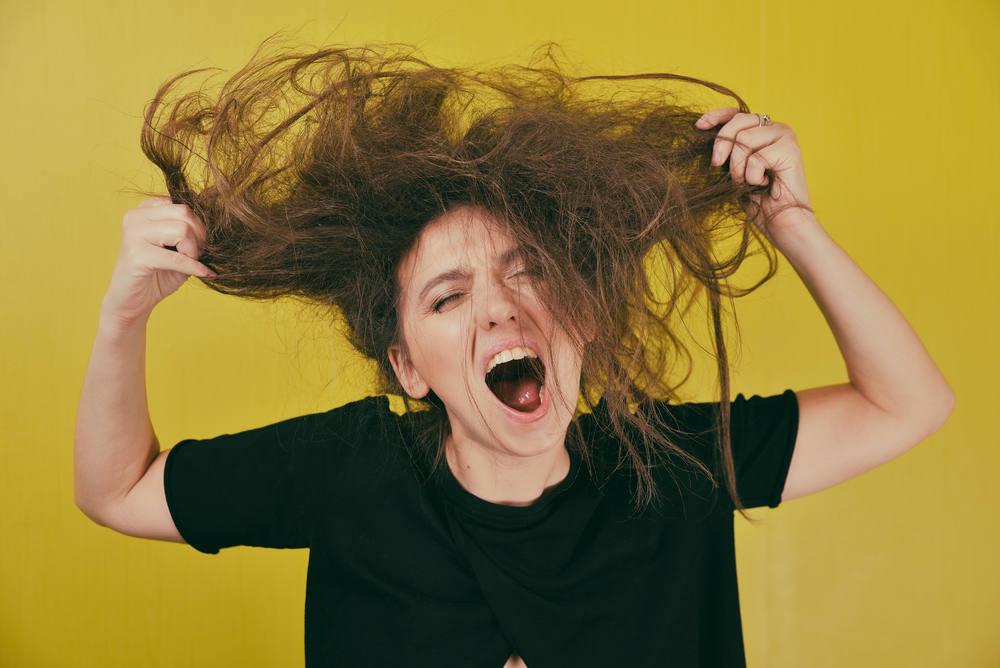
Sometimes, it’s not the conditioner that’s causing the grease—it’s your shampoo. Some shampoos have heavy moisturizing ingredients or silicones that can leave a residue on your scalp, making it feel oily. Look for a clarifying shampoo that removes buildup without stripping your hair of its natural oils.
4. Touching Your Hair Constantly
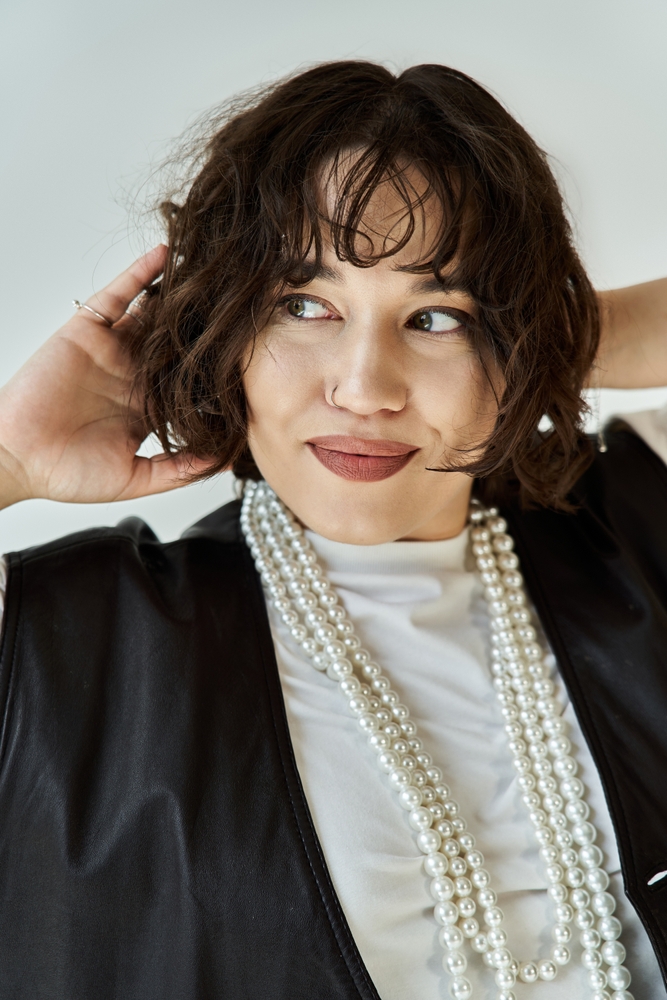
Do you find yourself playing with your hair throughout the day? Whether you’re pushing it out of your face or just can’t resist touching it, this habit can actually lead to oiliness. Our hands carry oils, and when we touch our hair, it can make it greasy faster. Try tying your hair back or keeping your hands busy to help keep that fresh feeling.
5. Skipping Regular Haircuts
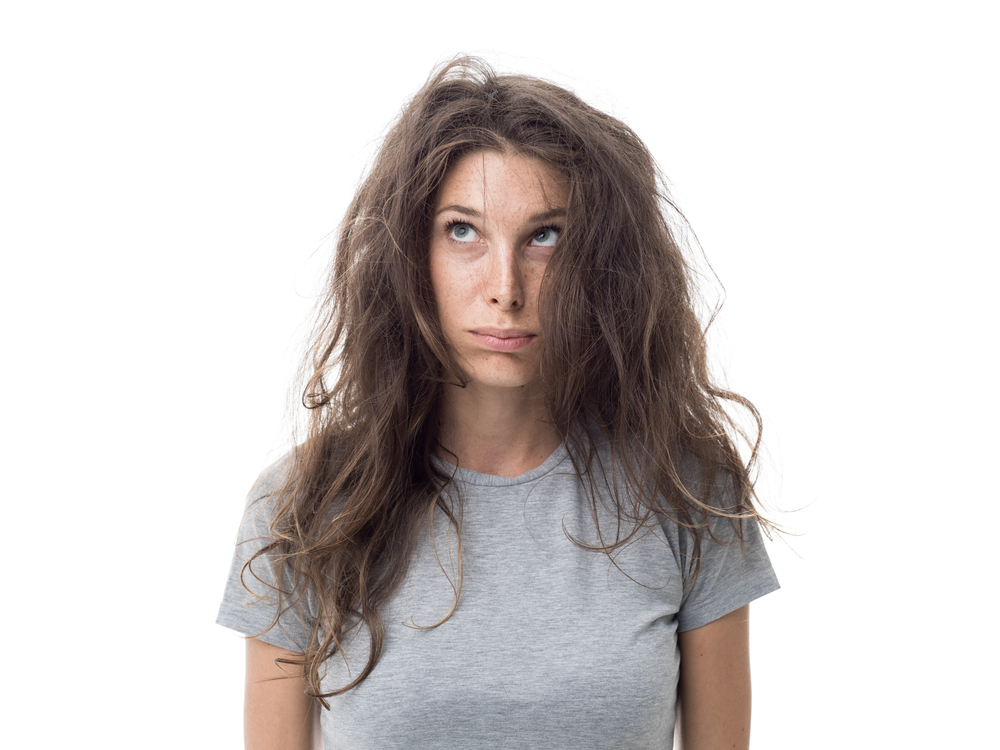
We get it—growing out your hair can be tempting, but skipping haircuts can lead to split ends and damage, which can cause your scalp to produce more oil. Regular trims help keep your hair healthy and reduce the appearance of greasiness. Plus, who doesn’t love that fresh haircut feeling?
6. Wearing Hats Too Often

Hats are super stylish and great for sun protection, but wearing them too much can trap heat and oil against your scalp, leading to greasier hair. Give your hair a little break and let it breathe every now and then.
7. Not Rinsing Thoroughly
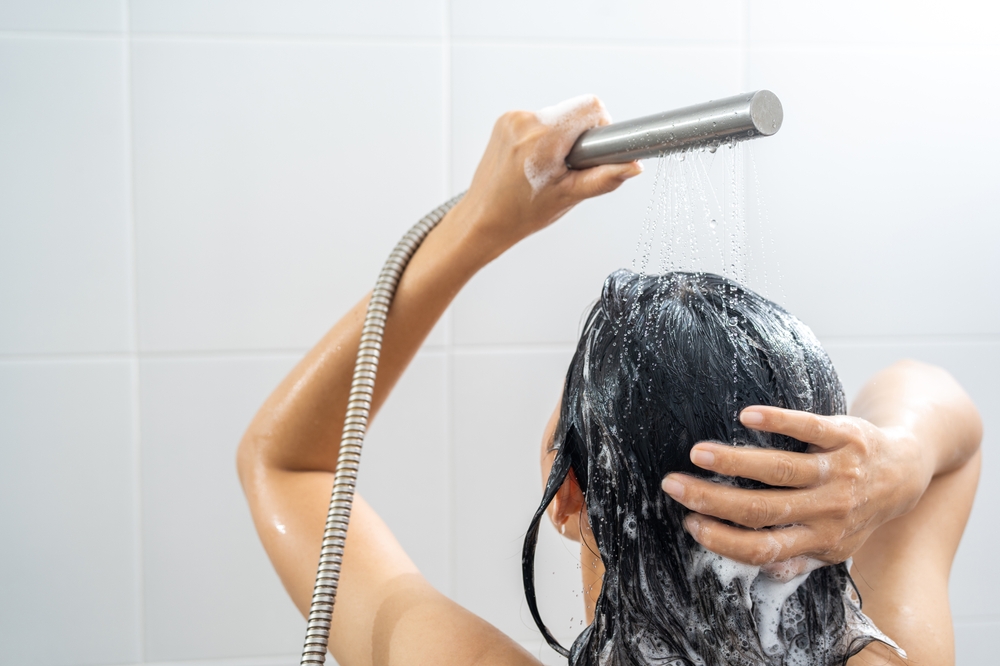
Ever hop out of the shower only to find your hair still feels greasy? It could be because you didn’t rinse well enough. Leaving shampoo or conditioner residue in your hair can weigh it down and make it feel oily. Make sure to rinse until the water runs clear.
8. Using Hot Water
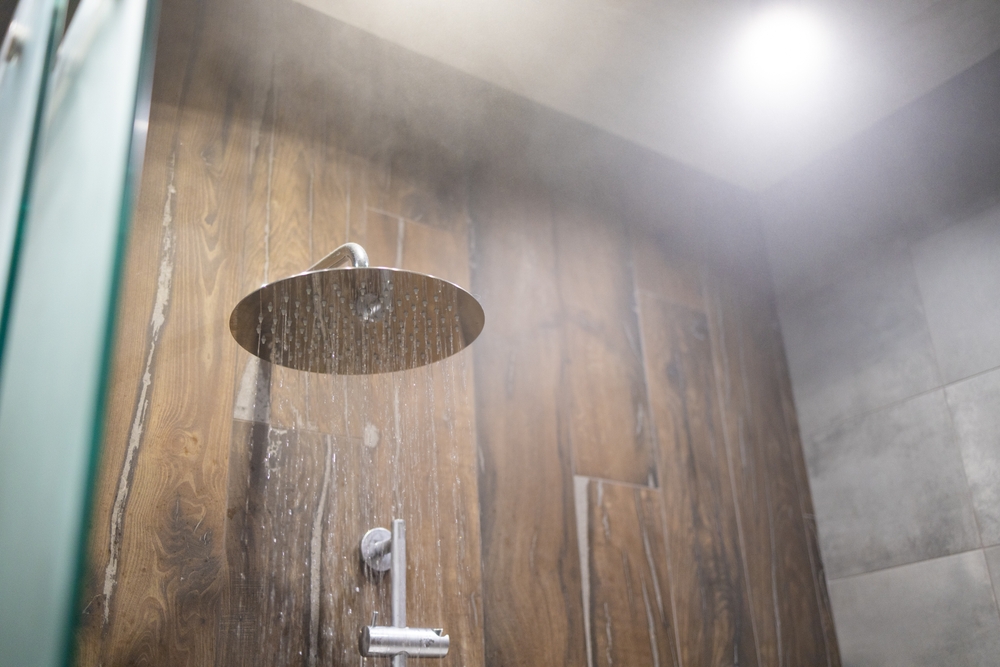
Washing your hair with hot water might feel great, but it can actually stimulate your scalp to produce more oil. It can also damage your hair. Stick to lukewarm water and finish with a cool rinse to seal those cuticles and keep oiliness at bay.
9. Overusing Hair Products
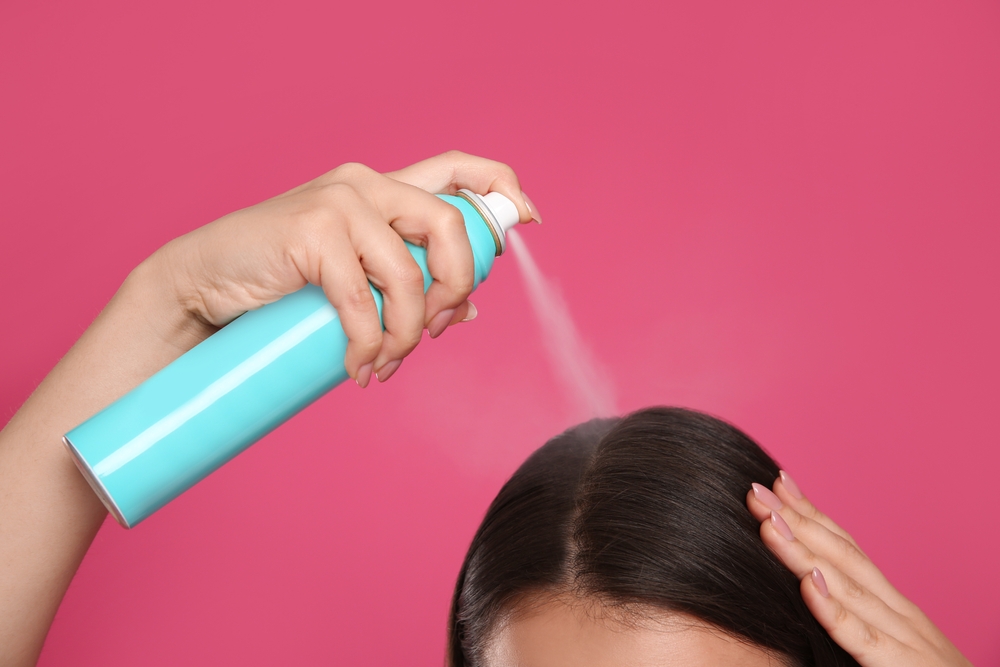
We love our styling products, but too many can lead to greasy-looking hair. Whether it’s gel, serum, or spray, using a little too much can weigh your hair down. Stick to a small amount and focus on the ends to avoid buildup at the roots.
10. Eating a Poor Diet

Even if you have a great haircare routine, a poor diet can sabotage your efforts. A diet high in greasy or fatty foods can lead to excess oil production on your scalp. Swap out those greasy snacks for healthy fruits and veggies for a fresh, vibrant mane.
11. Over-Washing Your Hair
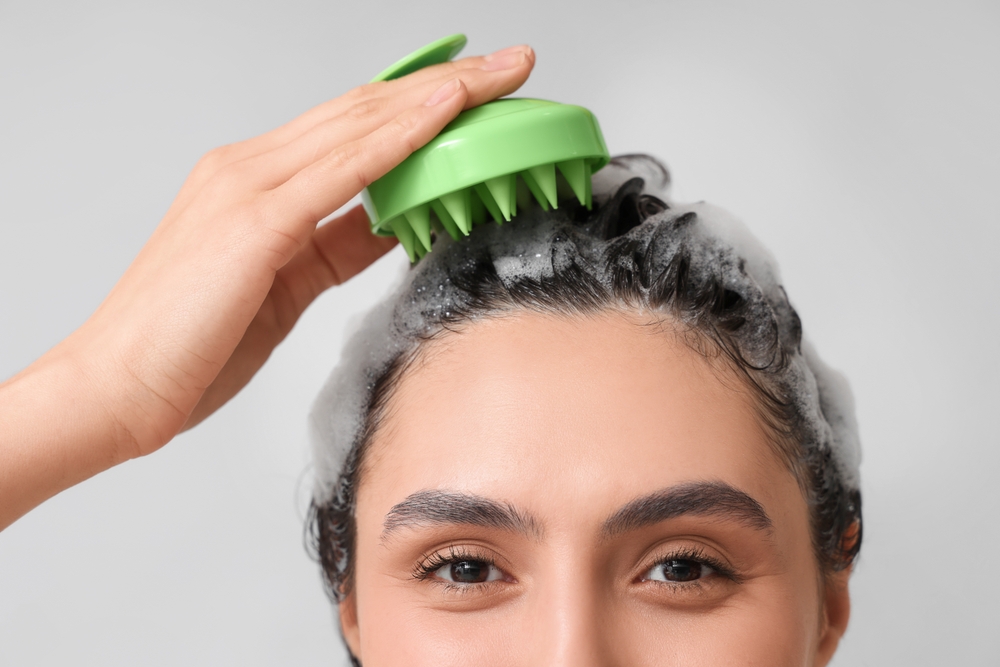
It might seem logical to wash your hair every day, especially after a workout, but over-washing can strip your hair of natural oils, prompting your scalp to produce even more oil. Try washing every other day instead and use dry shampoo in between to keep your hair looking fresh.
12. Using Too Much Conditioner
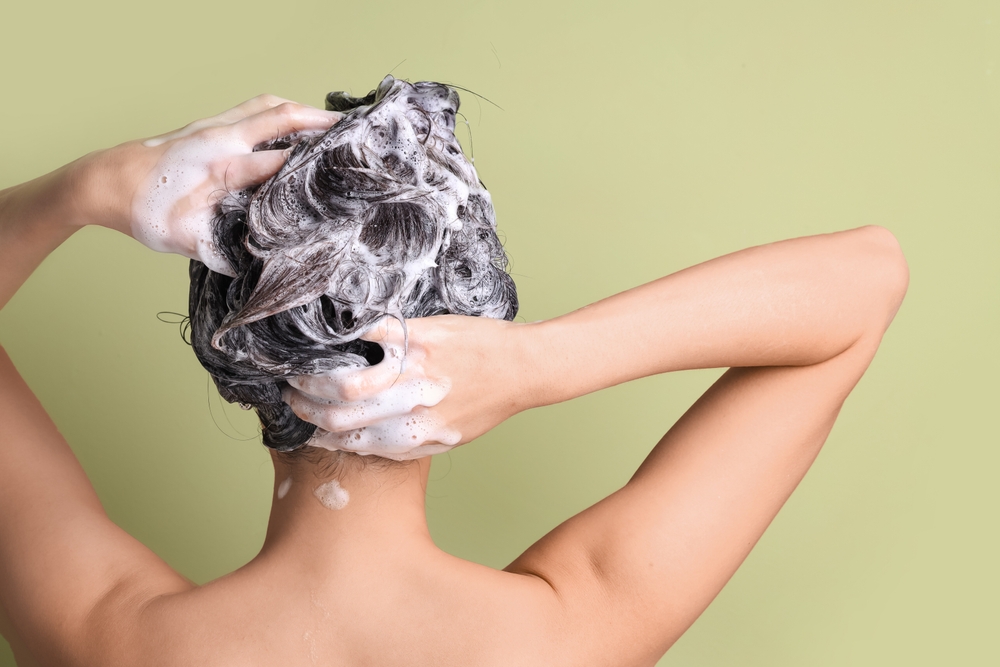
Conditioner is essential for keeping your hair moisturized, but applying too much can weigh it down. Focus on conditioning the mid-lengths and ends of your hair—this is where moisture is needed most.
13. Brushing Your Hair Too Much
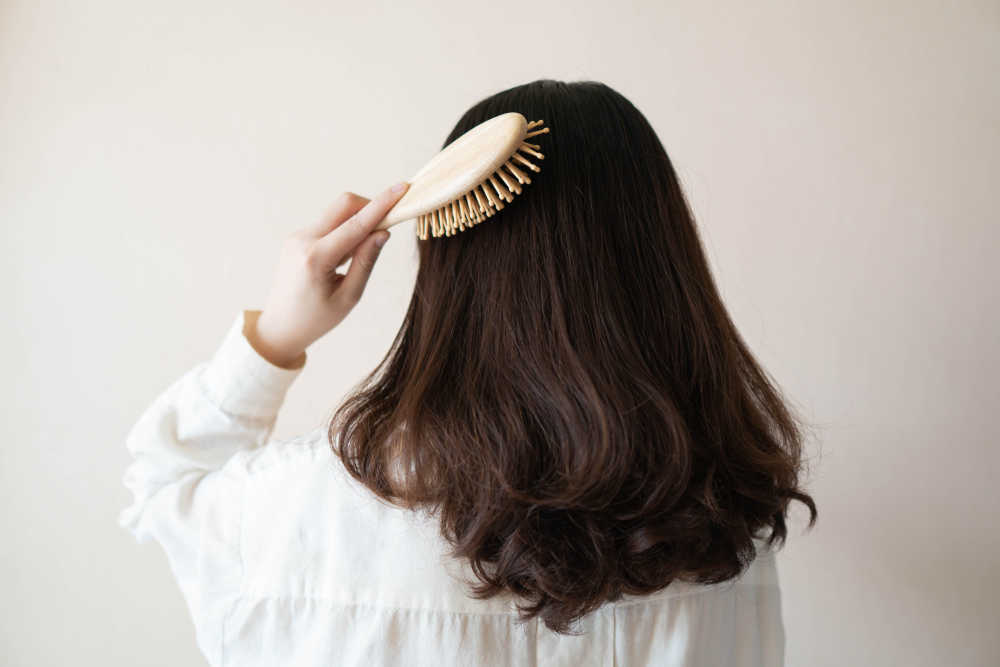
Brushing your hair is good, but did you know there is such a thing as brushing too much? While brushing helps distribute natural oils, overdoing it can cause your scalp to produce more oil. Brush just enough to detangle your hair without going overboard.
14. Using the Wrong Pillow Material
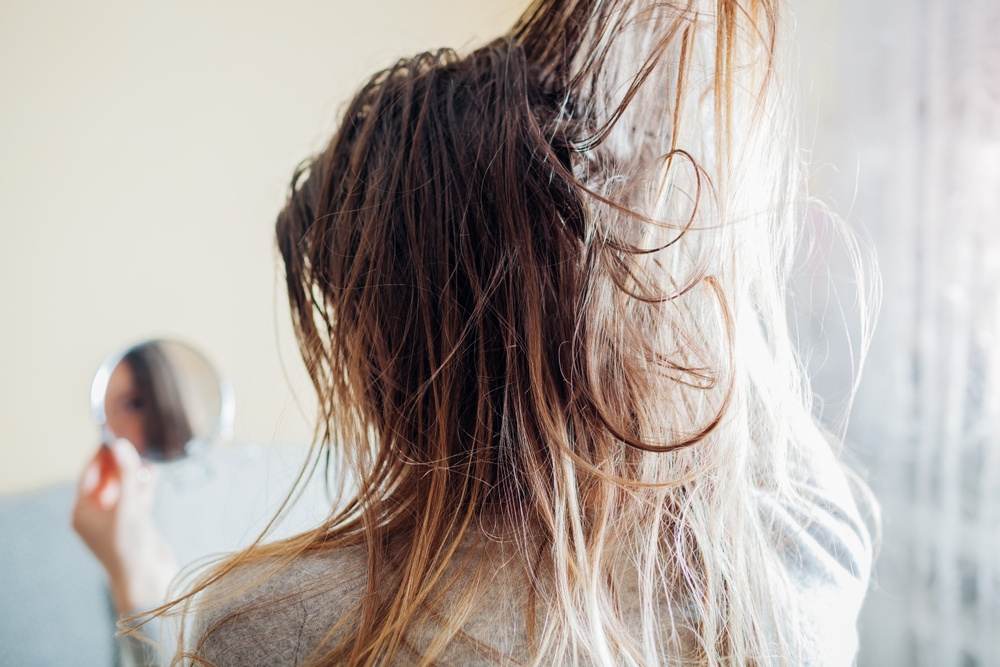
Believe it or not, your pillowcase can affect your hair. Synthetic fabrics can trap heat and oil against your scalp, leading to greasiness. Switch to a silk or satin pillowcase—they reduce friction and help keep your hair looking fresh and smooth.
15. Using Dirty Pillowcases
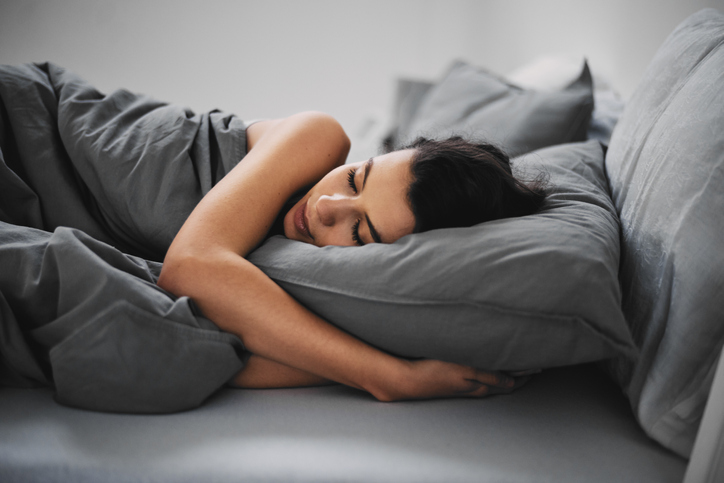
And lastly, how often do you wash your pillowcases? They can collect oil, sweat, and dirt from your skin and hair, transferring it back to your hair while you sleep. Regularly washing your pillowcases can help keep your hair fresh and free from excess oil.




